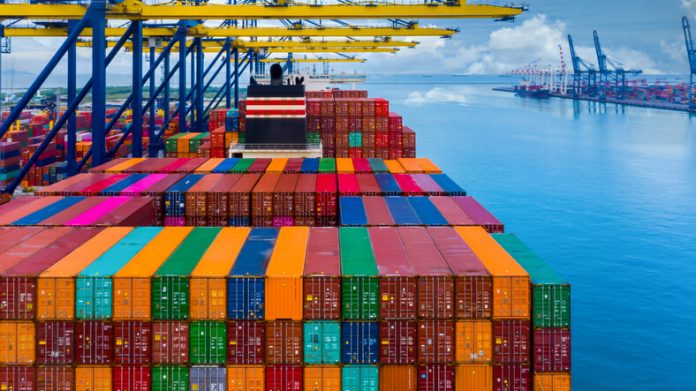If you are a professional in your field, you must know how to save your money at every step. Expertise reigns supreme when it comes to logistics. The key to giving actual value and truly affecting the supply chain is carefully refined tested knowledge.
The skillset of transportation directors differs from that of their engineering teams, much as the accounting team’s craft differs from that of the marketing team. This is why businesses choose to work with companies like freight people who specialize in transportation planning, efficiency, and decreasing your most significant logistics cost: getting your goods into the hands of your customers. Below we have mentioned a list of ways freight brokers can reduce transportation costs.
Changing modes
Brokers consider the quantity and qualities of a shipment, as well as the urgency with which it must arrive, to give you multi freight quotes. You might have so many options for the shipment, but you should choose the most cost-effective way to get your shipment there while still meeting your deadline. For example, if you can extend the delivery window only one week and employ rail freight, a broker may locate a mode shift that can save you 30% on transportation expenses. They could even work with a well established seafreight company who can reduce your carbon footprint and make everything plain sailing.
Cost-cutting
Your broker drives a hard bargain with the theme of cost avoidance, based on the premise above of safety. They are your most powerful ally in the fight against potentially dangerous and costly situations like negligent hiring, inadequate insurance on the trucks carrying your load, and risk mitigation by properly assessing carriers who haul your freight.
For example, if you hire a carrier with an unacceptable safety rating unknowingly and they have an accident with your load in which someone is injured, you as the shipper could be held legally liable. Even if the trucking company’s insurance accepts primary liability, you would still be accountable for the problem that arises even if you were unaware they had a low rating or could look for another option. You should always be wise enough to make a decision. This is especially perilous if you are shipping hazardous materials. By assisting you in avoiding these untrustworthy carriers, a freight broker can help you avoid this problem.
Managing the expenses of inbound transportation
Your inbound shipping costs can be a beast you don’t know where to start taming when it comes to the raw ingredients you source to make your product. This is where your freight broker enters the picture: We have an extensive, flexible network that is not geographically constrained. Working with your broker and the broker’s network gives you many options for getting the most out of your inbound freight truckloads.
Establishing a reputation as a reputable shipper
While your brokerage partner won’t be able to qualify you as a shipper of choice in the traditional sense, they will be able to leverage your status as one inside their network. For example, your broker may have carriers who prioritize their safe and certified fleets, which could save you money on each run: better truck access, more flexible loading times/procedures such as first-come, first-serve, or a safe and clean break area for drivers.
Savings in time and staffing
One of the significant cost benefits in employing a freight broker, as noted, is that you do not have to hire in-house staff to build a carrier management department dedicated to the types of tasks listed in this piece. Your transportation teams are responsible for consolidating freight, monitoring carrier compliance, and negotiating the best possible transportation rates––and this is one area where you can save money on recruitment and hiring costs, staffing, workspace, and the many other costs associated with setting up and running a new branch of your internal processes.
Final thoughts
Brokers ask several questions about your current shipment method in this strategy, which may allow for greater flexibility and time in the pickup or delivery window. These questions are critical for considering whether you could combine cargoes and divide costs with other shippers trying to save money.
Read more: https://www.europeanbusinessreview.com/how-the-pandemic-has-affected-the-auto-transporting-industry/


































